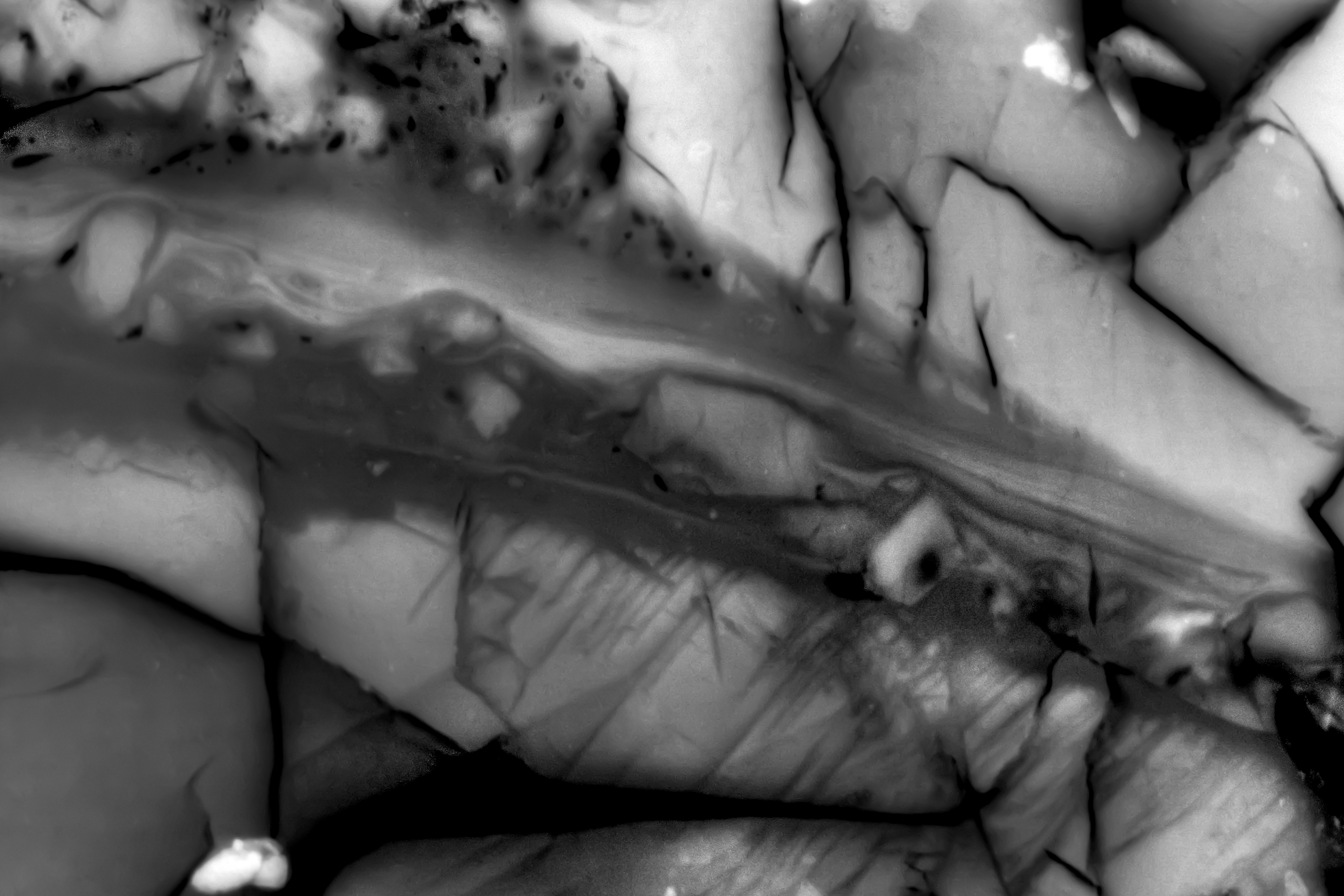Get the latest tech news
Study shows mucus contains molecules that block Salmonella infection | MIT researchers now hope to develop synthetic versions of these molecules, which could be used to treat or prevent foodborne illnesses.
MIT researchers identified mucins that defend against Salmonella and other bacteria that cause diarrhea. They now hope to create synthetic mucins that could help prevent or treat Salmonella and other foodborne infections.
In the new study, the researchers wanted to explore how mucins from the digestive tract might interact with Salmonella enterica, a foodborne pathogen that can cause illness after consuming raw or undercooked food, or contaminated water. Ribbeck and her students now plan to explore ways to use synthetic versions of these mucins to help boost the body’s natural defenses and protect the GI tract from Salmonella and other infections. One way to deploy synthetic mucins could be to add them to oral rehydration salts — mixtures of electrolytes that are dissolved in water and used to treat dehydration caused by diarrhea and other gastrointestinal illnesses.
Or read this on r/tech
